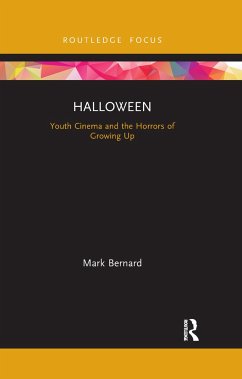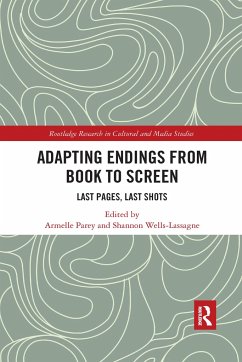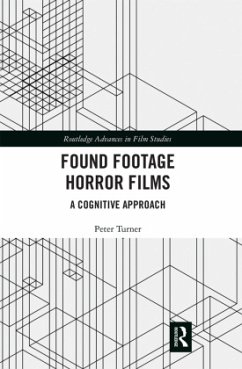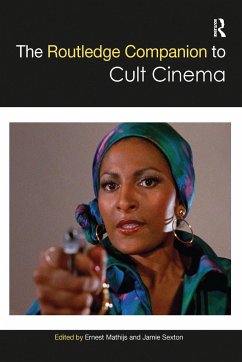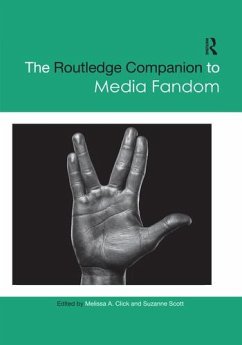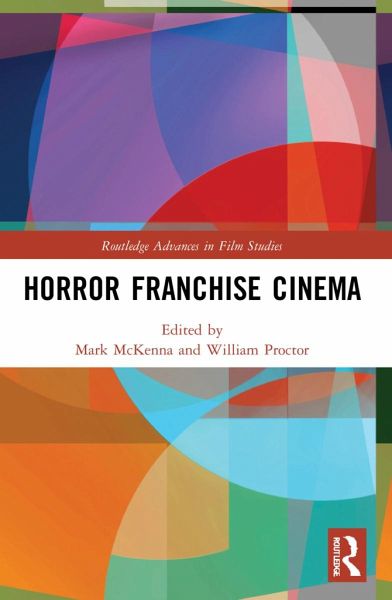
Horror Franchise Cinema
Versandkostenfrei!
Versandfertig in 6-10 Tagen
43,99 €
inkl. MwSt.
Weitere Ausgaben:

PAYBACK Punkte
22 °P sammeln!
This book explores horror film franchising from a broad range of interdisciplinary perspectives and considers the horror film's role in the history of franchising and serial fiction.Comprising 12 chapters written by established and emerging scholars in the field, Horror Franchise Cinema redresses critical neglect toward horror film franchising by discussing the forces and factors governing its development across historical and contemporary terrain while also examining text and reception practices. Offering an introduction to the history of horror franchising, the chapters also examine key text...
This book explores horror film franchising from a broad range of interdisciplinary perspectives and considers the horror film's role in the history of franchising and serial fiction.
Comprising 12 chapters written by established and emerging scholars in the field, Horror Franchise Cinema redresses critical neglect toward horror film franchising by discussing the forces and factors governing its development across historical and contemporary terrain while also examining text and reception practices. Offering an introduction to the history of horror franchising, the chapters also examine key texts including Universal Studio monster films, Blumhouse production films, The Texas Chainsaw Massacre, A Nightmare on Elm Street, Alien, I Spit on Your Grave, Let the Right One In, Italian zombie films, anthology films, and virtual reality.
A significant contribution to studies of horror cinema and film/media franchising from the 1930s to the present day, this book will be of interest to students and scholars of film studies, media and cultural studies, franchise studies, political economy, audience/reception studies, horror studies, fan studies, genre studies, production cultures, and film histories.
Comprising 12 chapters written by established and emerging scholars in the field, Horror Franchise Cinema redresses critical neglect toward horror film franchising by discussing the forces and factors governing its development across historical and contemporary terrain while also examining text and reception practices. Offering an introduction to the history of horror franchising, the chapters also examine key texts including Universal Studio monster films, Blumhouse production films, The Texas Chainsaw Massacre, A Nightmare on Elm Street, Alien, I Spit on Your Grave, Let the Right One In, Italian zombie films, anthology films, and virtual reality.
A significant contribution to studies of horror cinema and film/media franchising from the 1930s to the present day, this book will be of interest to students and scholars of film studies, media and cultural studies, franchise studies, political economy, audience/reception studies, horror studies, fan studies, genre studies, production cultures, and film histories.





